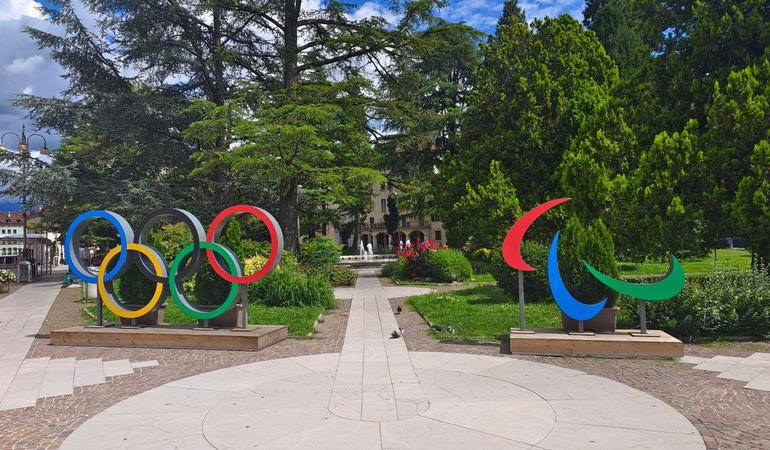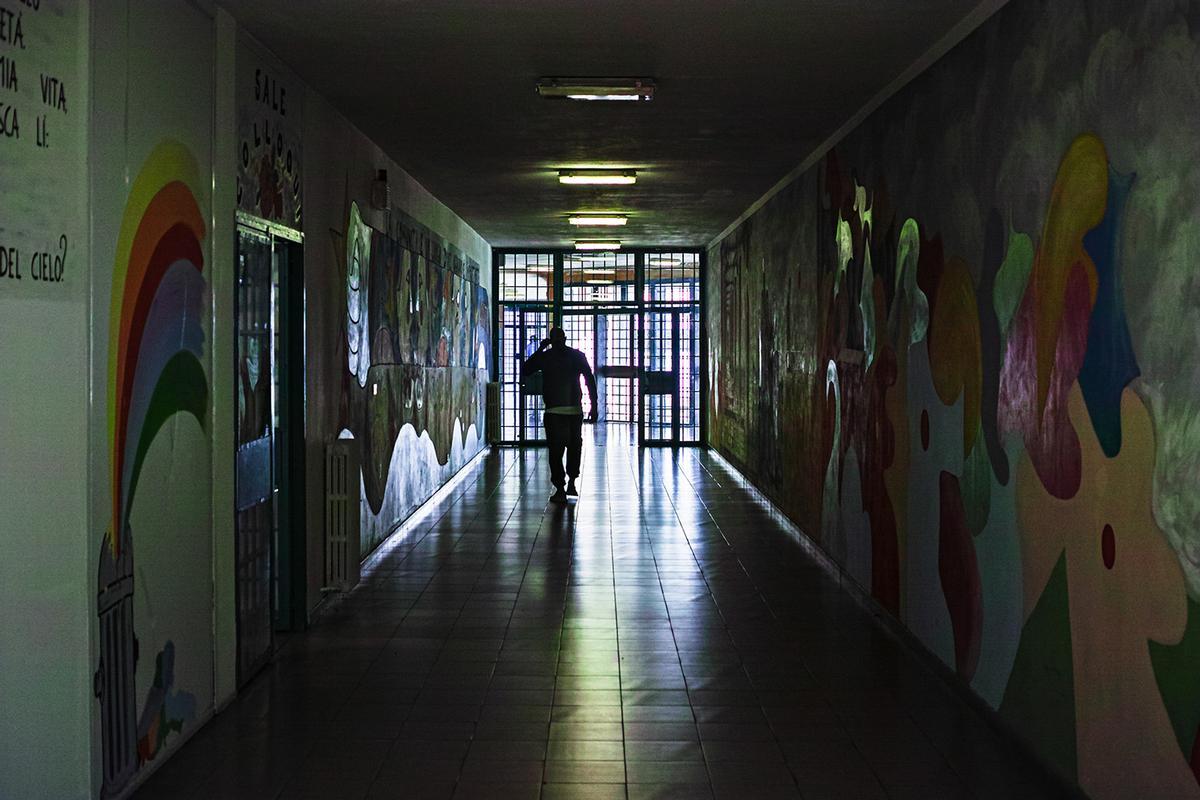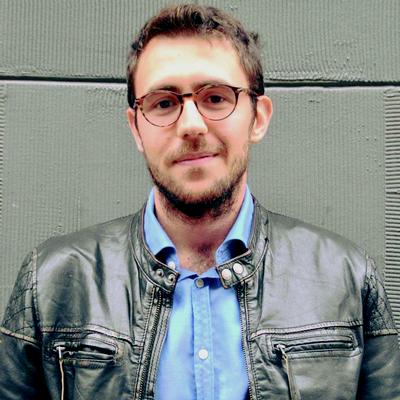
Milano-Cortina. Ecco come verranno spesi i 450 milioni di euro delle paralimpiadi



4 dicembre 2024
"Did Bernardo Provenzano suffer a life sentence? No. Did Totò Riina suffer? Not even. They were arrested bad guys and remained so. When do you suffer? When you feel the guilt of the evil done. That is why confrontation is important, but prisoners have no confrontation with outside society'. After almost a quarter of a century in prison (and three degrees), Carmelo Musumeci has a clear idea of how the penal system should work. Since August 2018, he has been granted conditional release, a rare achievement for someone who, like him, has a sentence associating him with the Mafia. Born in 1955 in Aci Sant'Antonio (Ct), he still remembers his grandmother pointing at a man in uniform in the square: 'You grow up hating institutions. The Mafia is a culture, a mentality before being a crime'. He lived between Liguria and Tuscany, where at the age of 16 he robbed a gambling den, beginning his criminal career and later earning the nickname 'boss of Versilia'.
Musumeci's life changed after he committed a murder. He entered prison in 1991 and was sentenced to hostile life imprisonment: benefits, furloughs and conditional release are forbidden to prisoners who do not cooperate with the justice system in order to induce them to repent. 'In 2004, after more than ten years spent in a cell, I presented my first request for a furlough, but the surveillance magistrate rejected the request because in the grounds for the sentence it was written that I had committed the murder to facilitate the mafia association. At that point I discovered the hostile life sentence and started my battle'.
From crime to community: the social reuse of confiscated assets in Italy, Spain and Romania
It was then that Musumeci collected 700 signatures among lifers to provocatively ask the President of the Republic to change life imprisonment into the death penalty. This, however, is not the change Musumeci would like. For him, the penal system must change a lot. Alternative punishments, for example, should become the rule: 'Prison must be the exception,' he argues. Our Constitution does not speak of prison but of punishment, and our Constitution was written by people who knew prison well'. The prison institution should also change in order to act more effectively on the life path of prisoners: 'Why not give hope and a chance to get out to a boy arrested at 19-20 years of age and sentenced to life imprisonment? Why should he change if he knows he will die in prison?".
To those who tell him that prison has been good for him, Musumeci replies that he feels he is 'the exception that confirms the rule': 'I entered prison with a fifth grade education, I graduated and then graduated, I learnt about law and sharpened my weapons a little'. He remembers when he obtained semi-freedom: 'The president of the Venice Surveillance Court, in an ironic way, said to me: "Musumeci, I have a degree and you have three. Prison has done you good'. I wanted to tell him that it is not a clinic for billionaires, but I replied that prison has done me harm. The love of my family and social relationships saved me'. This is because 'many are born into evil and do not know good. Some say 'Eh, but Riina has not repented'. How can a person locked up in a cell, with no one to hold him to account?".
The Italian supreme court gives broader benefits to the families of innocent victims of mafias
On the subject of collaboration - he warns - one must be careful, especially with certain repentances of convenience: "One must not only focus on the law of collaborators of justice, but try to intervene and improve the prisoner. Those who decide not to cooperate are told 'you will come out a little later, you have to show that you have changed', but they must be given the tools to change because alone it is not possible'. Being alone, without contacts, is a central element of his reflection. For Musumeci, the worst punishment for a convict is guilt: 'You cannot change locked in a cell, without ever seeing or meeting anyone. It's too convenient: it's a boorish or cretinous revenge, stupid, because then you also have to support me'. Prison, according to him, should be a place open to students or victims of crime. Confrontation and forgiveness are two key words, the last one, in particular, 'displaces everyone. You feel like shit. You prefer a slap, a reaction. In prison you don't remember the evil done, but what you receive every day: that makes you feel innocent'.
Musumeci has forgiven. He suffered an ambush, those who shot him six times then became 'repentant' and accused him of some crimes: 'For years I hated them, but hatred is a poison that poisons those who feel it. At a certain point I said to myself: 'Fuck, but I think more of them than of my wife. Fuck them, I forgive them'. I started to feel good."
For Musumeci, the 'end of the sentence never' should also be questioned: 'One should not serve one day more, nor one day less than necessary and, above all, the sentence must do well. Prison should be like a hospital, instead it is like when you break one leg, you go to the emergency room and you break the other one too'. A different prison is possible, not a utopia: 'Before, they tortured you, cut off your hand, pilloried you. It was unthinkable to be locked up in a cell and stay there twenty to thirty years. It is a somewhat Christian idea of prison, like Hell'.
La tua donazione ci servirà a mantenere il sito accessibile a tutti
Riformata. Così il governo vorrebbe la magistratura, ma l'obiettivo è solo limitarne il potere
La tua donazione ci servirà a mantenere il sito accessibile a tutti